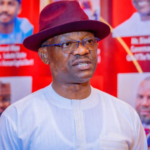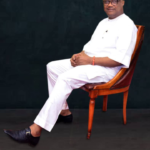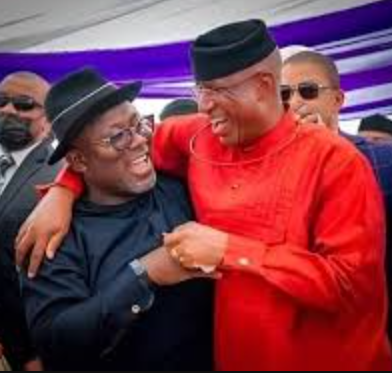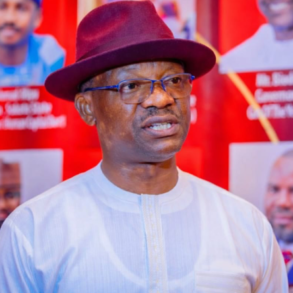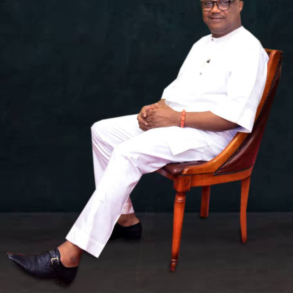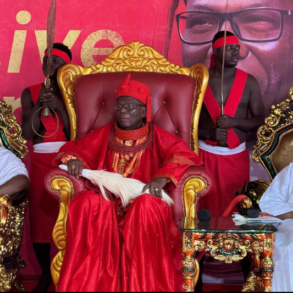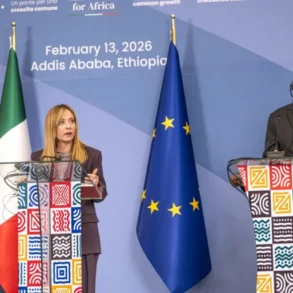As the 2027 political season draws nearer, the people of Ndokwa Nation in Delta State face a critical question: who truly deserves to be called Ndokwa’s bride: Governor Sheriff Oborevwori or former Deputy Senate President Ovie Omo-Agege?
This debate is not about party lines alone but about tangible contributions, political courage, and the readiness to address Ndokwa’s longstanding developmental challenges.
Ovie Omo-Agege’s name resonates strongly in Ndokwa’s recent history. As Deputy Senate President, (now former), he facilitated the establishment of the Federal University of Medical and Health Sciences in Kwale, Ndokwa West LGA. A project of immense academic, social, and economic value. His presence at the groundbreaking ceremony was notable, even when many of Ndokwa’s own prominent politicians stayed away, citing lack of official invitation.
Omo-Agege’s interest in Ndokwa’s power challenges also set him apart. Before the grassroots-led protest demanding the step-down of electricity from the Okpai Independent Power Plant (IPP), a facility hosted by Ndokwa land yet underutilized, he visited the IPP for assessment, aiming to draw federal attention. This was a direct attempt to solve the 16-year power blackout that has crippled local economic growth.
However, internal politics and misplaced loyalties reportedly saw some Ndokwa indigenes restrict his access to the facility; an act many consider a missed opportunity to leverage his political influence for the common good of Ukwuani people.
Governor Sheriff Oborevwori, in his second year in office, inherited both opportunities and unfulfilled promises from his predecessor, Senator Ifeanyi Okowa, whose legacy project for Ndokwa was the proposed Industrial Park; a project still far from reality.
So far, Ndokwa’s expectations of Sheriff’s government remain largely unmet. While his administration has embarked on statewide projects, Ndokwa indigenes lament a lack of targeted interventions addressing their peculiar challenges, most notably the absence of reliable power supply, slow progress on major infrastructure, and no visible acceleration of industrial or educational initiatives in the region.
The political courtship of Ndokwa will not be won by speeches or party slogans but by measurable impact. With an educated and increasingly assertive electorate, the people are keen on evaluating candidates based on:
Commitment to addressing Ndokwa’s infrastructural and economic marginalization. Willingness to engage directly with the community and act decisively on its behalf.
In this regard, Omo-Agege’s role in securing a federal university and his active (albeit obstructed) intervention in the IPP matter stand as concrete gestures. Sheriff, on the other hand, still has time before 2027 to shift the narrative by prioritizing projects that directly improve Ndokwa lives.
Ndokwa’s “bride” in 2027 will be the incumbent or challenger who offers not just promises, not one who stammers on National Television because of lies but a track record of championing the region’s cause without hesitation or political excuse.
As it stands, Omo-Agege has visible milestones, while Sheriff Oborevwori must accelerate his engagement with Ndokwa if he hopes to win the title. The decision will ultimately rest with the people, whose loyalty will be guided not by sentiment, but by the tangible difference each candidate has made in their everyday lives.
In 2027, Ndokwa will not just be courted, Ndokwa people will choose.

